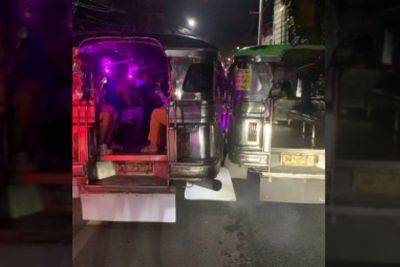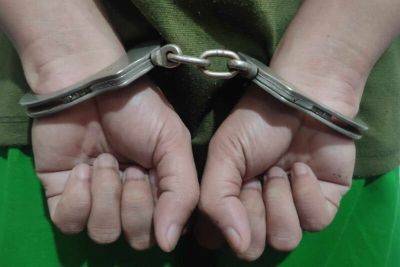Application for naturalization can be refiled
Dear PAO,
I arrived in this country in 2001 as a refugee. I am really interested to acquire Philippine citizenship, so I have been asking about the naturalization process. My friend told me that, as a refugee, my naturalization would be automatically granted. However, an immigration officer informed me that my application might be denied because the country where I came from does not grant naturalization to Filipinos. Would my refugee status matter if I apply for naturalization? If the country where I came from does not grant naturalization to Filipinos, would that mean that my application will be denied?
Velaga
Dear Velaga,
Naturalization is the legal act of adopting an alien and clothing him with the political and civil rights belonging to a citizen (Garcia vs. Recio, GR 138322, Oct. 2, 2001, Chief Justice Artemio Panganiban). In the Philippines, the law governing naturalization process is Commonwealth Act 473 or the Revised Naturalization Law, as amended.
The qualifications provided under Section 2 of the said law are as follows:
«Section 2. Qualifications. – Subject to section four of this Act, any person having the following qualifications may become a citizen of the Philippines by naturalization:
Advertisement»First. He must be not less than twenty-one years of age on the day of the hearing of the petition;
«Second. He must have resided in the Philippines for a continuous period of not less than ten years;
»Third. He must be of good moral character and believes in the principles underlying the Philippine Constitution, and must have conducted himself in a proper and irreproachable manner during the entire period of his residence in the Philippines in his relation with the constituted government as well as with the community in which he is living.
«Fourth. He must own real estate in the Philippines worth not less than five thousand pesos, Philippine currency, or must have some known lucrative trade, profession, or lawful occupation;
Advertisement»Fifth. He must be able to speak and write English or Spanish and any one of the principal Philippine languages; and
«Sixth. He must have enrolled his minor children of school age, in any of the public schools or







